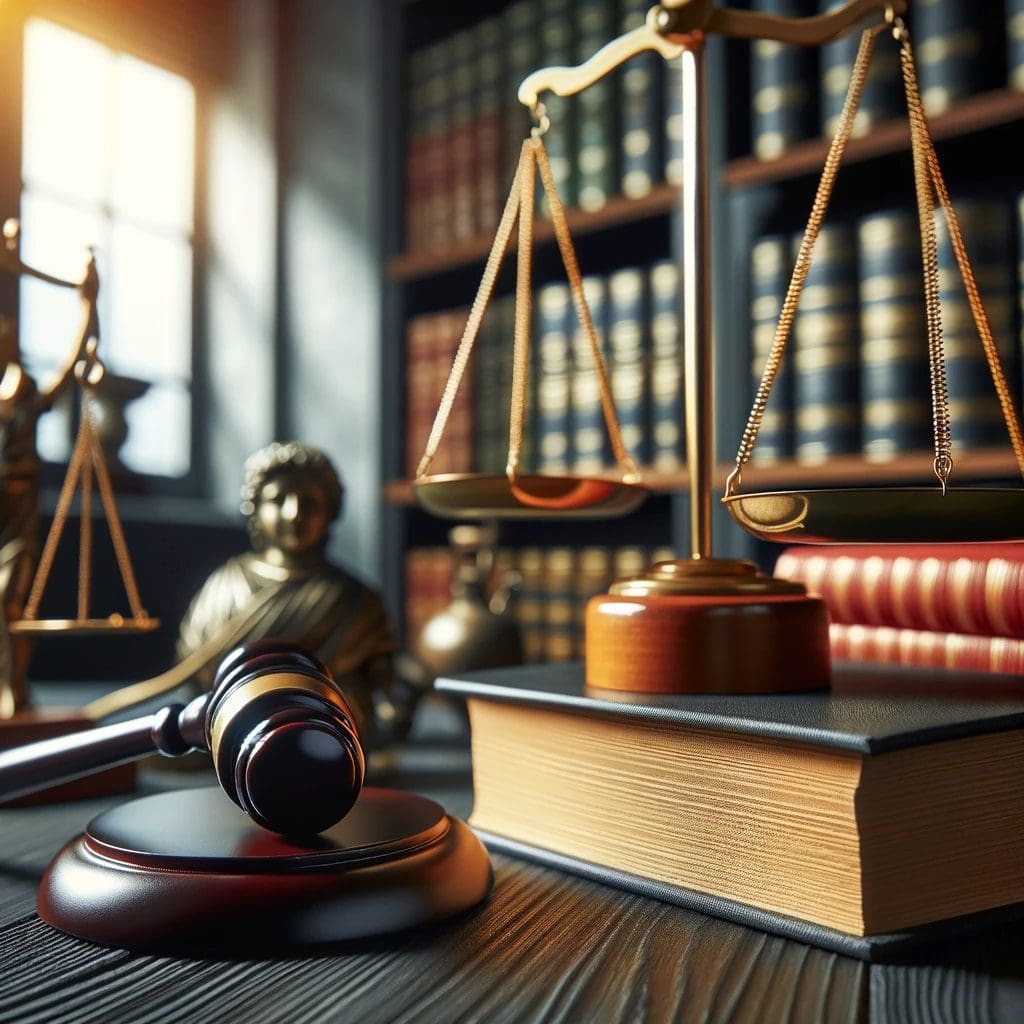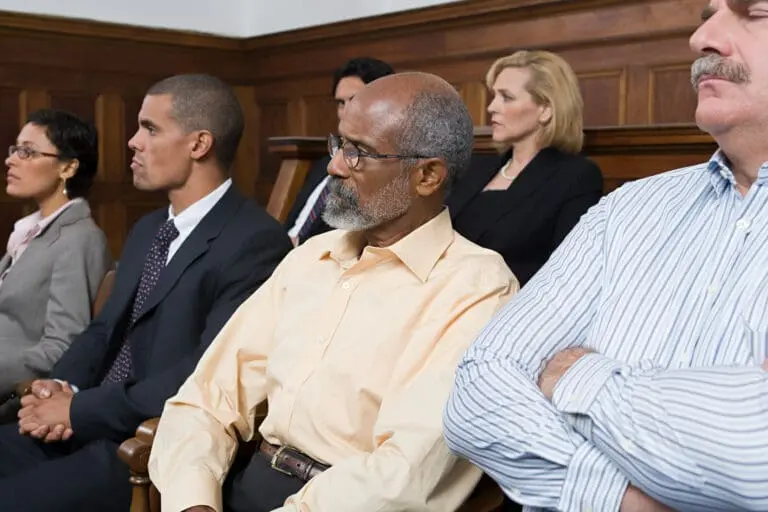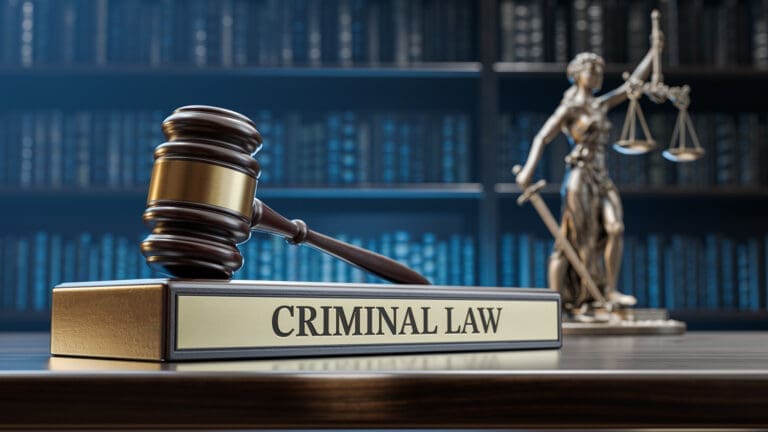Delito grave
 Understanding Felonies: Their Global Implications and Evolving Definitions
Understanding Felonies: Their Global Implications and Evolving Definitions
In the realm of criminal justice, few terms carry as much weight and consequence as a delito grave. This major transgression, known by different names and subjected to diverse interpretations worldwide, stands as a litmus test for the severity of a crime in many legal systems.
From the earliest codified laws to today’s intricate penal codes, societies have continuously sought to categorize and differentiate between minor offenses and serious crimes. But what makes a felony distinct? And how do different countries view and adjudicate such grave offenses?
Implicaciones para otros Estados:
Across the United States, the term “felony” is widely recognized. However, what qualifies as a felony can differ markedly from one state to another. For instance, while drug possession might be a misdemeanor in one state, possession of the same amount could be a felony in another, leading to stricter sentencing and long-term legal consequences.
International Perspectives on Felonies:
Globally, the concept of a felony or a grave offense varies even more widely. In countries like the UK, the distinction between felonies and misdemeanors has become obsolete, while in others, the categorization remains crucial in determining punitive measures.
Real-life Case Studies:
John Thompson’s story serves as a potent example. Accused of a felony in Louisiana but later traveling to Oregon, he faced a drastically different legal landscape. Such cases underscore the importance of understanding jurisdictional variances.
Opiniones de expertos:
Justice Laura V. Henderson opines, “A felony, in essence, is a societal denomination of a crime’s severity. However, this denomination is deeply rooted in cultural, historical, and sometimes even political factors.”
On the other hand, defense attorney Mark Robbins shares, “Defending a felony is a challenge, mainly because of its associated stigma. Often, the courtroom battle is not just about the crime but societal perceptions.”
Esfuerzos legislativos:
Historically, the definition of a felony has been fluid. As societal norms, values, and priorities change, so do legal definitions. Recent legislative endeavors, for instance, aim to redefine certain non-violent crimes, currently considered felonies, to reduce prison overcrowding.
Historical and International Comparisons:
Contrasting the historical evolution of felonies with modern definitions offers rich insights. Additionally, cross-jurisdictional analyses, like comparing the U.S. felony system with the French “crime” classification, reveal both convergences and stark differences.
In conclusion, while the term “felony” might seem straightforward, its layers and complexities are vast. As we navigate an increasingly globalized world, understanding these nuances becomes imperative not just for legal professionals but for the public at large.
_______________________________________
Decoding Felony Charges: Navigating Your Legal Rights and Strategies
En el panorama jurídico, felony charges represent some of the most serious accusations an individual can face, carrying the potential for severe consequences, including substantial prison time. Understanding the nature of felony charges, their potential impacts on one’s life, and the legal avenues available is crucial for anyone navigating this daunting scenario.
The Gravity of Felony Charges
A felony is classified as a serious crime, often involving violence, that is punishable by imprisonment for more than one year or by death. Unlike misdemeanors, which are considered less serious, felonies include crimes such as murder, rape, burglary, and arson. The classification of a crime as a felony carries significant legal and social implications, affecting not just the immediate penalty but also long-term aspects of an individual’s life, including employment opportunities, voting rights, and the ability to own firearms.
Legal Processes and Rights
Upon being charged with a felony, the accused is thrust into a complex legal process, starting with an arrest and followed by arraignment, preliminary hearings, trials, and possibly sentencing. At each stage, defendants have specific rights, including the right to legal representation, the right to a fair trial, and the right to remain silent. Securing knowledgeable legal counsel is paramount, as an experienced attorney can navigate the intricacies of the legal system, advocate on the defendant’s behalf, and work towards the best possible outcome.
Estrategias de defensa
Crafting a robust defense strategy is essential for those facing felony charges. Defense approaches may vary based on the nature of the crime and available evidence but can include challenging the legality of evidence obtained, negotiating plea bargains, or arguing for mitigating circumstances that might reduce the severity of the charges. Understanding the nuances of each strategy and how it applies to a specific case requires deep legal knowledge and expertise.
The Role of Plea Bargains
Plea bargaining plays a critical role in the felony legal process, offering a path to reduced charges or lesser sentencing in exchange for a guilty plea. While plea bargains can provide a more predictable outcome than a trial, they also require careful consideration of the long-term implications of pleading guilty to a crime, highlighting the importance of legal advice in making informed decisions.
Rehabilitation and Reintegration
For those convicted of felonies, the journey doesn’t end with serving time. Rehabilitation programs, parole, and probation are critical aspects of the post-conviction landscape, aiming to facilitate reintegration into society. Legal support and advocacy continue to be vital during this phase, ensuring that individuals have access to resources and opportunities to rebuild their lives.
Conclusión
_______________________________________
Facing felony charges is a life-altering experience, fraught with challenges and uncertainties. However, with the right legal support and an informed approach to defense and rehabilitation, individuals can navigate the complexities of the legal system and work towards a future beyond their charges. Understanding your rights, the legal processes involved, and the strategies at your disposal is the first step in this challenging journey.
Types of Felonies and Legal Implications
The spectrum of felony offenses is broad, encompassing various acts from theft and drug trafficking to violent crimes like assault and homicide. Each category carries specific legal implications, including minimum sentencing guidelines, parole eligibility, and the forfeiture of certain civil rights. Understanding these distinctions is crucial for defendants to grasp the severity of their charges and the potential legal outcomes.
Psychological and Social Impact
Facing felony charges can have profound psychological and social impacts on individuals. The stigma associated with being labeled a felon can lead to social isolation, difficulties in finding employment, and strained family relationships. The psychological toll includes anxiety, depression, and a sense of hopelessness, underscoring the need for mental health support alongside legal defense strategies.
Landmark Felony Cases
Historical and recent landmark cases involving felony charges often set precedents that shape legal practices and policies. Analyzing these cases provides insights into the complexities of the legal system, highlighting how judicial interpretations and legislative changes influence the handling of felony charges. Examples include cases that have challenged the constitutionality of certain statutes, sentencing practices, and the admissibility of evidence.
Community Support Systems
The role of community support systems in assisting individuals facing or convicted of felonies cannot be overstated. Non-profit organizations, community centers, and advocacy groups offer various forms of support, including legal aid, counseling services, and job training programs. These resources are vital for helping individuals navigate the challenges posed by their legal situation and fostering successful reintegration into society.
Evolution of Felony Laws
Over the years, felony laws have undergone significant changes, reflecting shifts in societal attitudes toward crime and punishment. Reforms have aimed at addressing issues such as sentencing disparities, the decriminalization of certain offenses, and alternatives to incarceration. These legislative changes are part of a broader movement towards a more equitable and rehabilitative justice system.
The Role of Public Defenders
Public defenders play a critical role in the legal defense of individuals charged with felonies who cannot afford private counsel. Despite often facing heavy caseloads and limited resources, these dedicated attorneys strive to provide competent legal representation. Their work is essential in ensuring access to justice for all, regardless of economic status.
Challenges in the Prison System
The challenges within the prison system, particularly for individuals convicted of felonies, include overcrowding, limited access to rehabilitative programs, and the risk of recidivism. Efforts toward prison reform focus on improving conditions, expanding educational and vocational training opportunities, and implementing evidence-based approaches to reduce reoffense rates.
Preventing Felony Charges
Prevention programs aimed at reducing the incidence of felony charges focus on addressing root causes such as poverty, lack of education, and substance abuse. Early intervention programs, community policing initiatives, and educational outreach are among the strategies employed to deter criminal behavior and provide alternatives to potential offenders.




